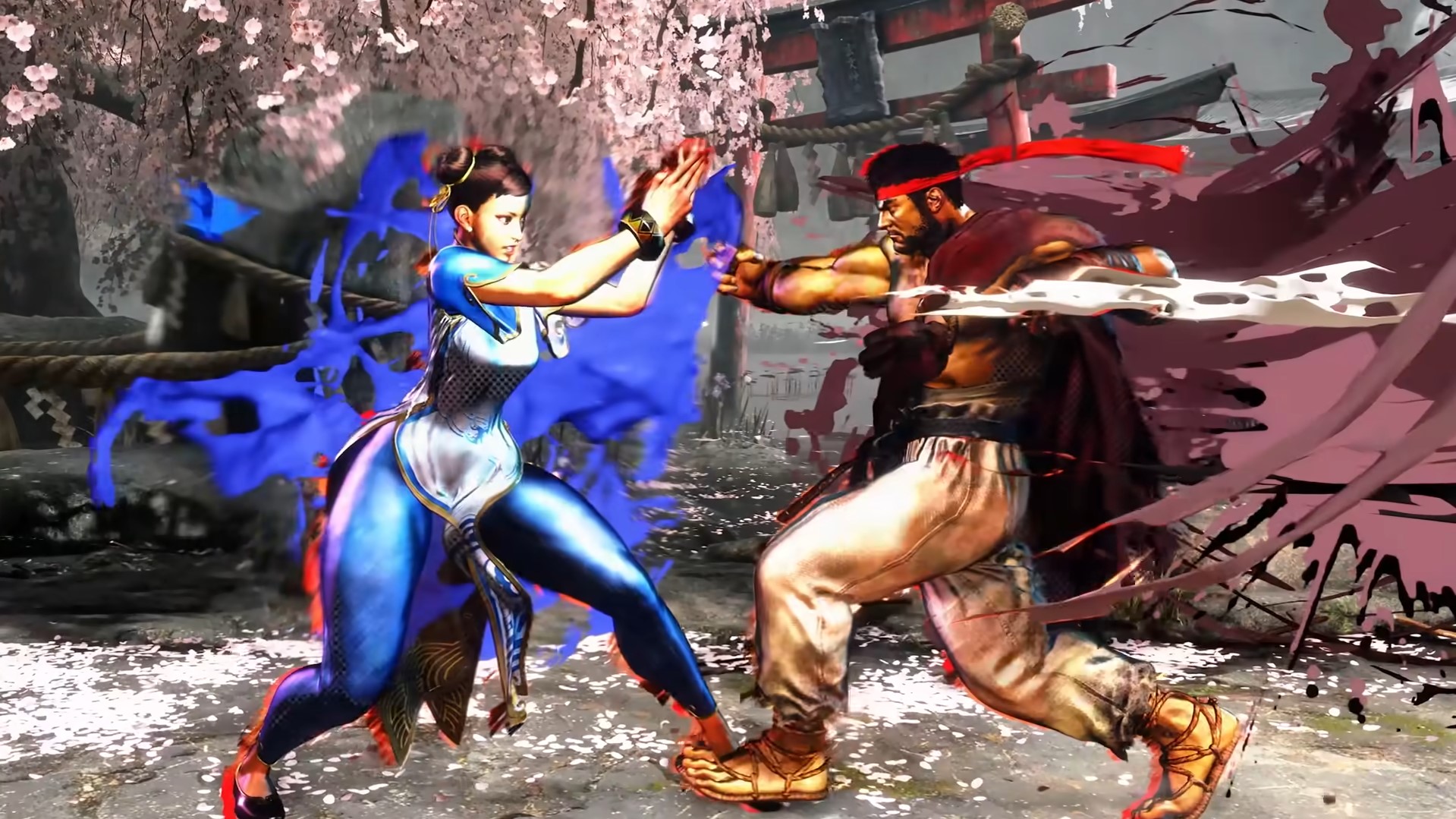Fighting games as a genre is often notorious for being hard to break into. Titles like Street Fighter, Mortal Kombat, and Tekken are synonymous with the Fighting Game Community, and each of these games varies when it comes to their accessibility.
For instance, Street Fighter and Mortal Kombat hail from 2D fighting games, and have unique button and movement inputs that players use to unleash special moves. Think of Hadouken and Shoryuken; their button inputs are iconic to the point that other fighting games have adopted their inputs as part of their games’ movelists.
Then, there’s the introduction of combos – stringing together different attacks and ending with a flourish to deal massive damage and make your fighter look stylish while doing it. These, along with the mind games that read players’ fighting styles throughout a match make watching any fighting game an exciting one.
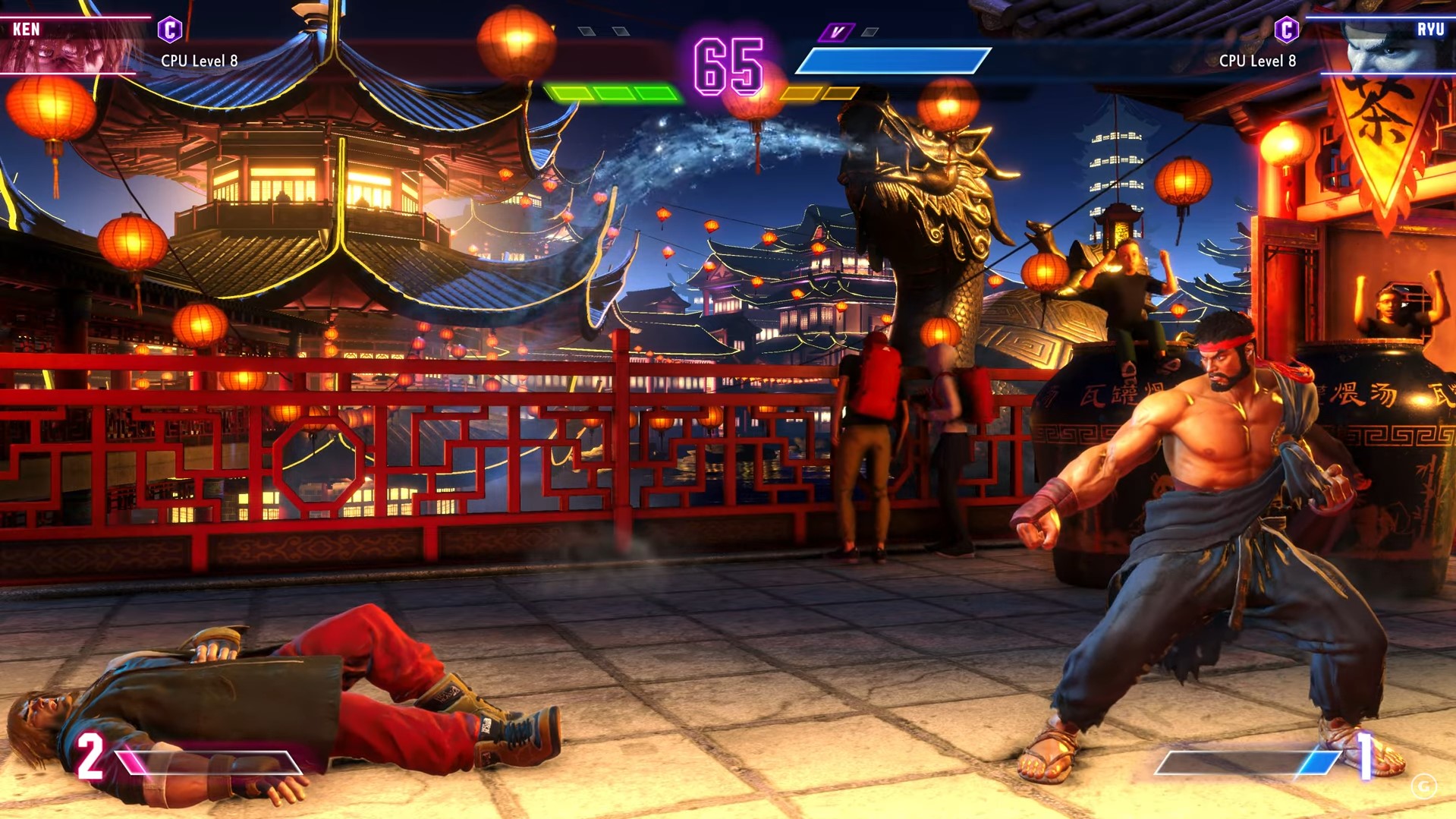
For newcomers in the fighting games genre, getting into the gameplay starts with picking which character you will want to learn first. Each fighting game has its own mechanics and combos that you have to learn and practice. And I mean a Lot. The most skilled players often spend tons of time “in the lab” with the character of their choice. They do this to dissect and master each and every aspect of the character, their strengths, and their weaknesses while learning various moves and combos that maximize their damage during matches.
Gatekeeping Fighting Games
The act of practicing for hours on end is one of the key elements of fighting games. Much like any martial art or sport, players who want to get better need to put in their time and effort to flawlessly execute their character’s combos and special moves with much consistency.
This is why the recent trend of fighting games with easier controls is a hot topic within the fighting game community. I consider myself to be a fighting game enthusiast, just a notch above being a casual player. I’ve spent a lot of time learning most of the moves of my favorite fighting game characters – memorizing their combos, difficult inputs, and proper timing to execute decent damage on my opponents.
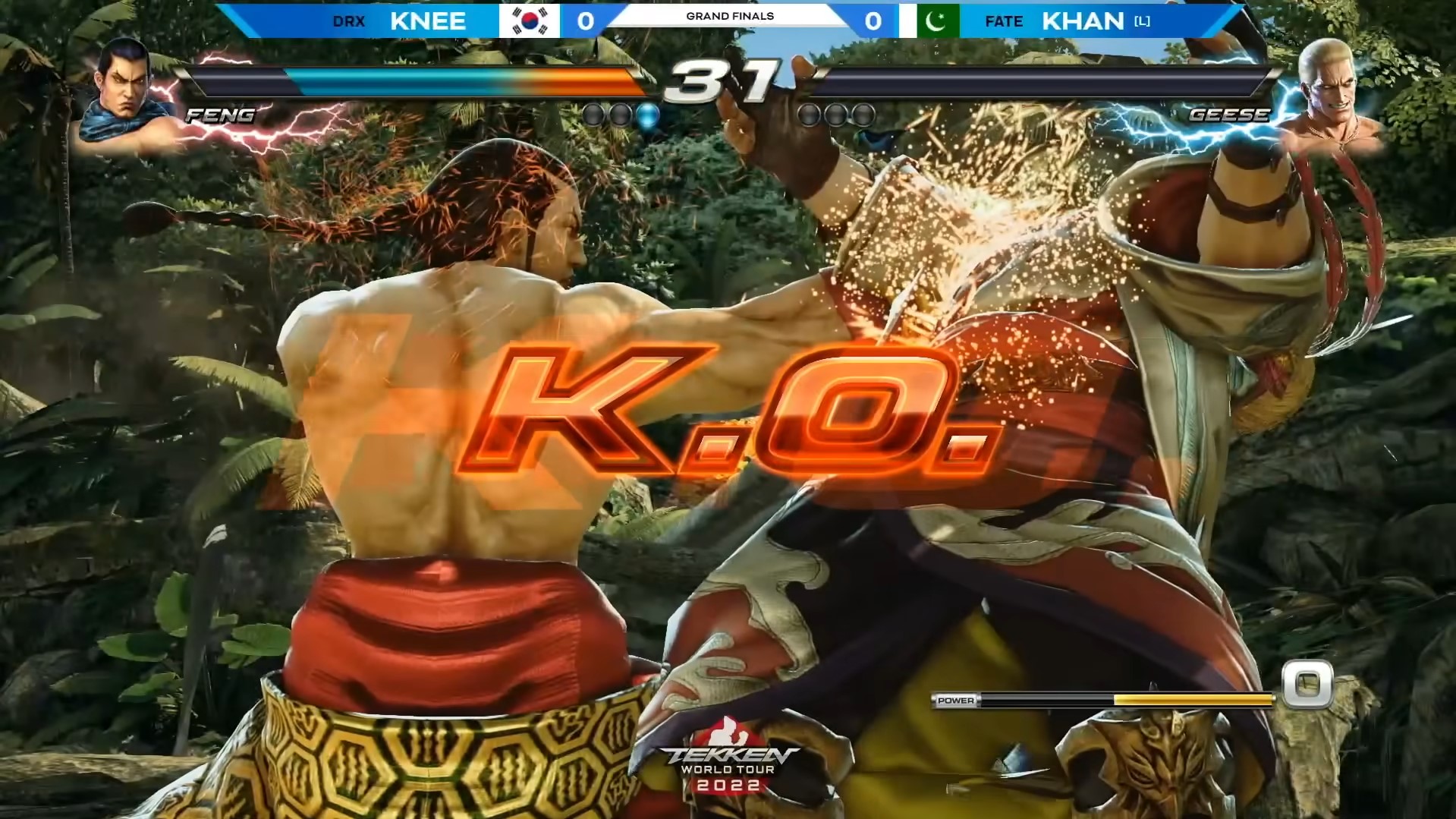
Most old-school fighting game players consider mastering character mechanics as the pinnacle of how one should experience the genre. Beating your opponent because you’ve mastered your character is the closest thing to a martial arts match most players can get.
However, the current trend of fighting games shifting towards more accessible controls has seen some negative reception from some of the more tenured fighting game players. Their pushback comes from the seeming besmirching of training and mastery of characters for easier controls and commands to entice more casual players to play the game. For them, having the ability to execute a combo with simple button presses instead of actually practicing and mastering them in “the old school way” is not promoting the spirit of what fighting games are espousing.
For instance, mainstream fighting games like Street Fighter, Mortal Kombat, and Tekken have varying levels of complexity when it comes to executing attacks and combos. The deeper you dig into the other fighting game titles like Guilty Gear, BlazBlue, Samurai Shodown, and Virtua Fighter series, the more mechanics and dexterity you will have to master and train just to be competitive.
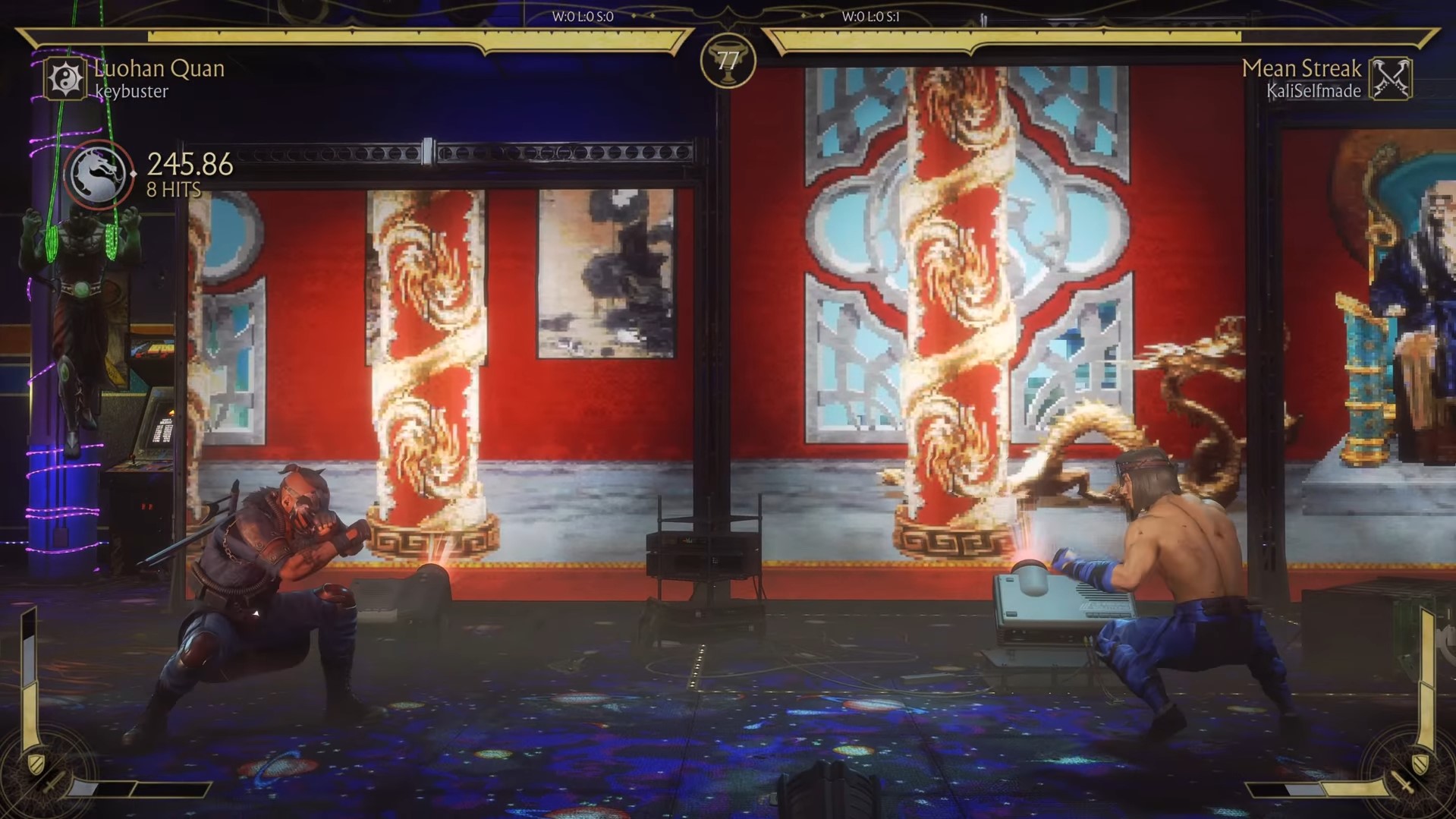
Meanwhile, more beginner-friendly titles like Super Smash Brothers, MultiVersus, and the more recent brawler games have simpler controls that are geared towards more casual gamers, allowing them to experience what it feels like to play fighting games more easily.
This is why many players who want to get into fighting games are a bit apprehensive about it since, on one hand, they don’t want to get labeled as casual players. Yet, on the other hand, the skill level is starkly different between the first-time players and the more experienced ones.
Balancing the Entrypoint
The gatekeeping mentality in fighting games can be shrugged off as an “old man yells at cloud” kinda thing since if you take a step back, the tenured and experienced players were also casual back in the day. Putting down players who are just getting into fighting games is detrimental to that genre’s player base. Not everyone is a prodigy and can immediately understand the game mechanics or are extremely dexterous and can effortlessly execute difficult inputs.
From the developers’ point of view, it all boils down to the bottom line – how to get more players to play their games. A popular game is just as strong as its player base, and for fighting games, specifically, a dwindling number of players is bad for business and the community.
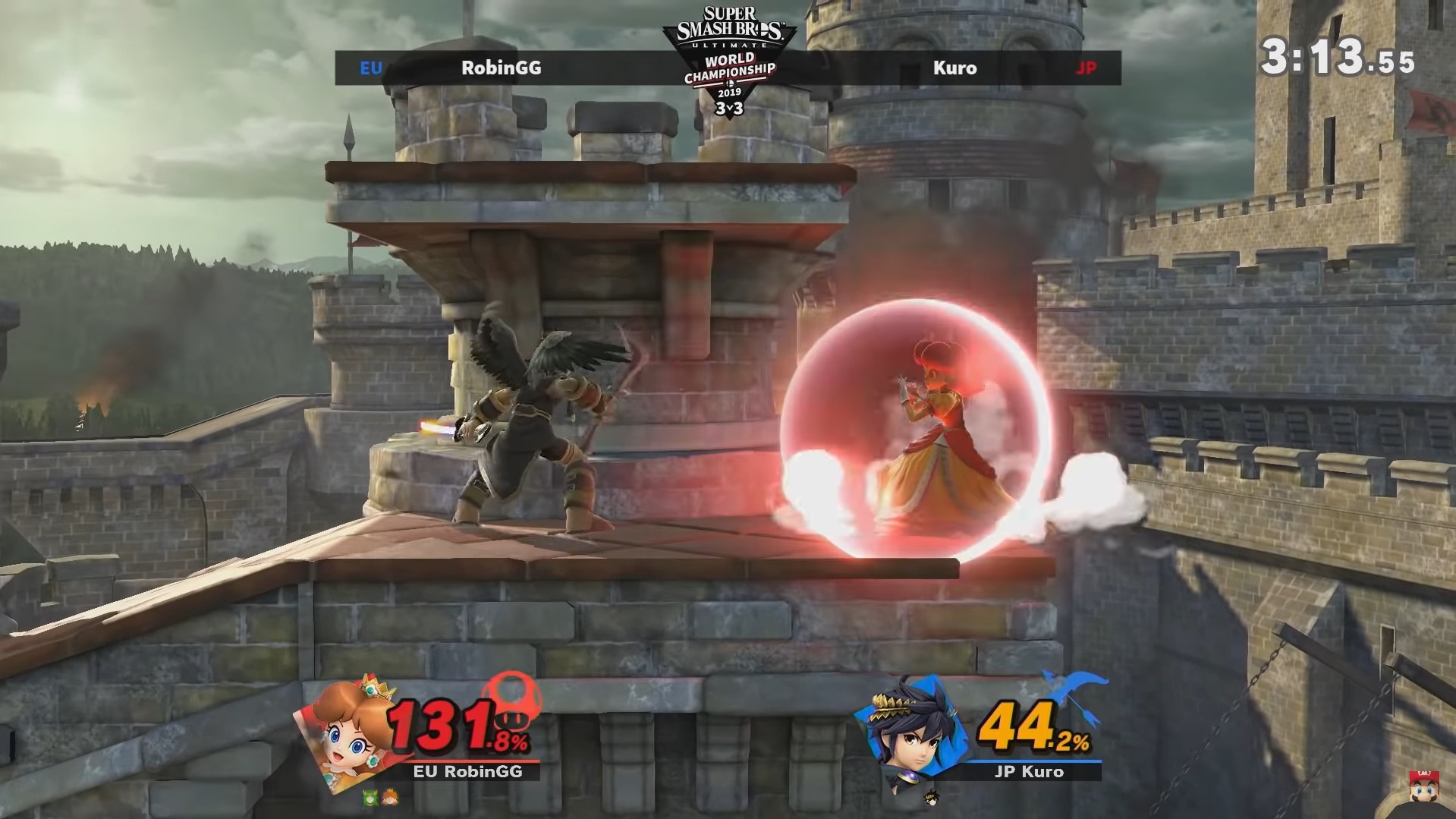
With that said, while devs have been steering toward easier controls, I believe they have been balancing the ease of entry when it comes to mastery of the game mechanics. Games like Dragon Ball FighterZ and Super Smash Brothers have easy controls and combo inputs (the former allows players to just press one button to execute a quick combo), but for those who actually execute combos manually, the damage output is better than the automatic ones. In that respect, fighting games nowadays are easier to get into but are still hard to master.
Casual players can enjoy kicking each other’s butts in online or offline games with friends. If they feel like they want to try their luck entering fighting game tournaments, that’s where the skill discrepancy will be more apparent. Again, that’s at the discretion of the player. A simple combo or spamming a particular move can only get you so far, and once a casual player realizes this and still wants to improve their game sense, that’s where their transition from a casual player to an enthusiast and even a master starts.
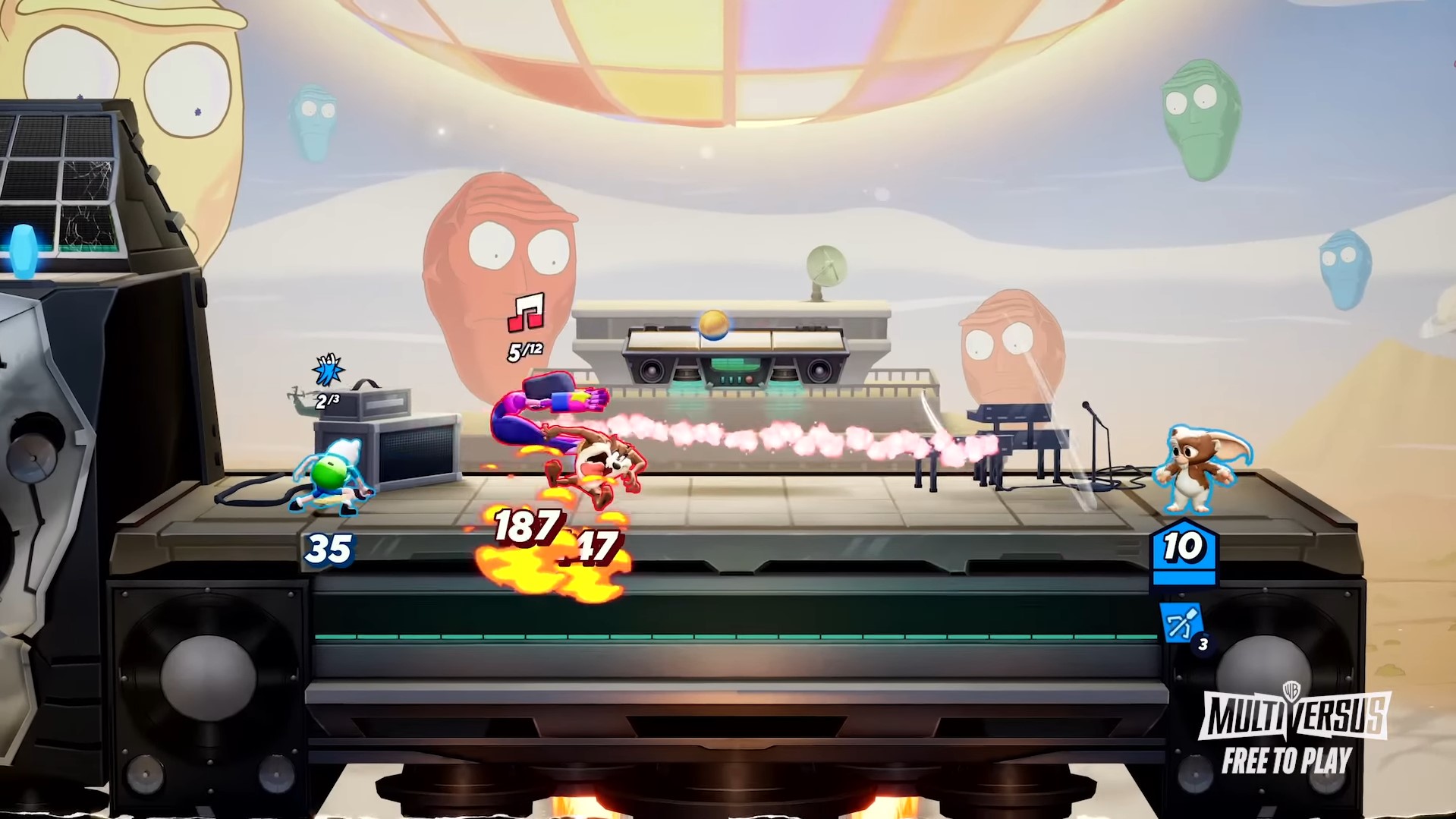
Fighting Games With Easier Controls
Given this context, when asked the question, “Are fighting games becoming simpler and easier, a good thing?”. I would answer yes. It’s always a good thing to have games that are easy to get into – this is how you get more people to enjoy the game. Now if those same players want to get better, that’s when their journeys deep into the fighting game rabbit hole begin.
The road to mastery of any one thing starts with training, and with some exceptions, everyone starts at level zero. So, it is never bad to start with easier fighting games, then to a more complex one in the future.

